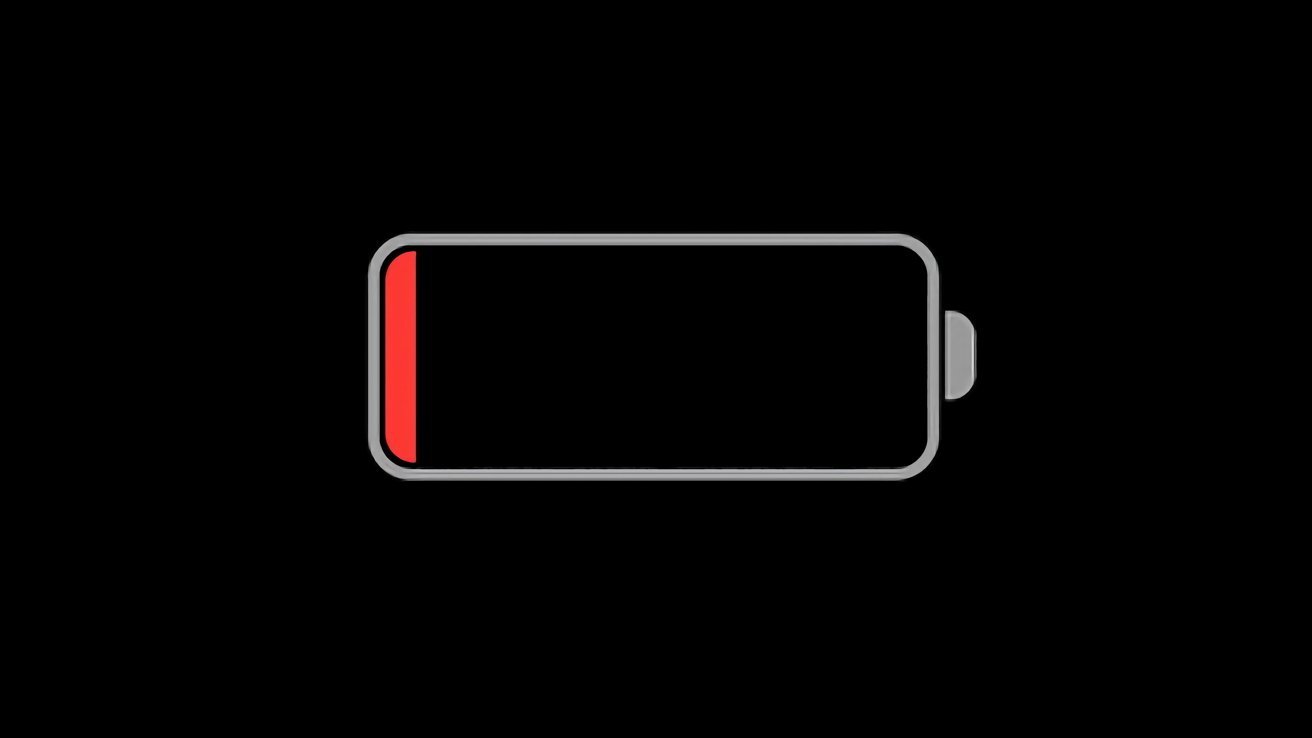Article Hero Image

Upgraders to iOS 17 are likely seeing deeper iPhone battery drains today. This is normal behavior, and everything should stabilize within a week.
Whenever Apple releases a major update to its iPhone operating system, there are numerous complaints about the battery in the following days, especially when it comes to battery life. These are regular issues that users find, and are fairly typical of releases, such as the one to iOS 17.
There are good reasons that the battery can drain quicker just after a big update, and while it's a short-term problem for most, some may find it to be a longer-term issue.
Short-term pain
The immediate reason for faster battery drain is that Spotlight has to reindex all of the files on the iPhone. That database is crucial for users to receive fast search results on the iPhone.
Re-indexing all files on a device can take time, potentially a few days. During this time, users may find their iPhones running a bit slow for searches and other tasks, and their battery may be consumed at a faster rate than normal.
Once the new database has been created, this will immediately reduce the day-to-day processing load, improving the response time of the iPhone. It will also stop using extra battery for that processing, so near-typical battery lifetimes should return.
The reindexing process can take a week to complete in some cases, though some may find it completes within a few days.
There is nothing anyone can do to speed up the process. Generally, iPhone owners simply have to wait it out.
And after that week, if you're still seeing a big hit to your battery to the tune of hours, contact Apple's support through your method of choice and get it documented.
Apple won't make a plan to address issues without data.
Older iPhones and iOS 17 battery draw
There is another reason that an iPhone could use more battery than usual after an update, and that can be down to a combination of new features and the age of the iPhone running the operating system.
This is not "planned obsolescence" or any similar term that is being bandied around today. This is how software has always been, and always will be. As features are added and advance, they take more processing power.
With new features and new code being introduced to iOS over time, major updates require more processing power. This, in turn, hits the battery harder, as the processor is running longer.
Newer iPhone models are still impacted some by this — but to a lower magnitude. Older iPhones with slower A-series chips and smaller battery capacities may feel the effects a lot more in such cases.
Apple somehow releasing a high-efficiency update package for the operating system to reduce resource usage to fix this is unlikely. The alternative is not hitting that "upgrade to iOS 17" button.
But, if you're reading this, it's probably too late to not do that.